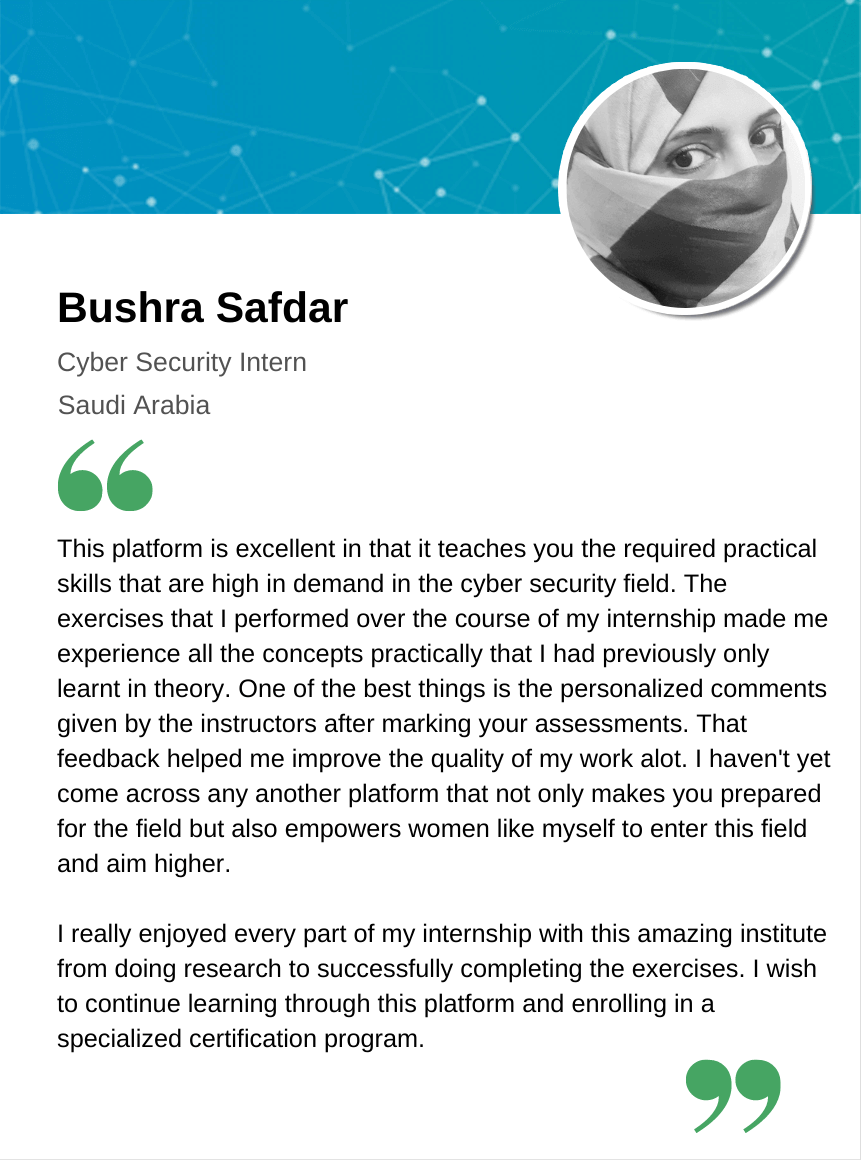MCSI #016: How can you build helpful and rewarding relationships with people in the field?
Contents
MCSI #016: How can you build helpful and rewarding relationships with people in the field?#
In the field of cybersecurity, human connections can truly make a difference in driving success and personal growth. Building helpful and rewarding relationships with fellow professionals in the industry not only creates a sense of belonging and camaraderie but also opens the door for exchanging valuable insights, ideas, and experiences. These relationships can help you stay informed about the latest developments, learn from one another’s expertise, and collaboratively tackle challenges.
On a personal level, nurturing strong connections with your peers can lead to exciting new opportunities and support your personal and professional growth. These relationships can bolster your self-confidence, provide a network of support during challenging times, and even improve your overall well-being. By investing in genuine connections, you’ll find that you’re not only contributing to the advancement of the cybersecurity community as a whole but also enriching your own life through meaningful and lasting friendships.
This week’s newsletter will introduce a “way of being” that is reinforced by practical communication techniques, which can aid you in building enduring relationships.
Lesson #1: Avoid any and all forms of violent communication#
“Analyses of others are actually expressions of our own needs and values.” - Marshall B. Rosenberg
In this first lesson, we’ll focus on understanding what violent communication is and how it can impact relationships within the cybersecurity community. Violent communication is a way of interacting that is characterized by aggressive language, blame, judgment, or criticism. It often involves making negative assumptions about others, using harsh or offensive language, and failing to consider the feelings and perspectives of those involved. This type of communication can be both overt, like direct insults, and subtle, such as sarcastic remarks or dismissive comments.
For example, imagine a situation where a colleague makes a mistake in a cybersecurity project. A violent communication response might involve blaming them and saying, “You really messed this up! How could you be so careless?” On the other hand, a nonviolent communication approach would focus on understanding the issue and finding a solution, with a response like, “I see there’s a problem here. Let’s work together to understand what went wrong and how we can fix it.” By avoiding violent communication and embracing a more empathetic and constructive approach, you can foster healthier and more helpful relationships within the industry.
Here are 10 examples of violent communication:
Blaming and accusing
Labelling and name-calling
Sarcasm and mockery
Dismissive language
Interrupting and talking over others
Passive-aggressive behaviour
Generalizing and stereotyping
Manipulation and guilt-tripping
Shaming and belittling
Threats and ultimatums
Lesson #2: Beyond seeing people as a means to an end#
“Can I let myself enter the world of his feelings and personal meanings and see these as he does? Can I step into his private world so completely that I lose all desire to evaluate or judge it?” - Carl Rogers
It is important to value individuals for who they are, rather than simply viewing them as a means to an end. In the professional world, and particularly in the cybersecurity industry, it can be tempting to focus on what others can do for us or how they can help us achieve our goals. However, such an approach can lead to superficial relationships that lack depth and genuine connection. By appreciating the unique qualities, perspectives, and emotions of each person we interact with, we can create more meaningful and supportive relationships. This shift in mindset fosters a sense of camaraderie and mutual respect, ultimately enhancing collaboration and strengthening the entire cybersecurity community as we work together to overcome complex challenges.
Listen carefully: Focus on understanding the other person
Be empathetic: Put yourself in their shoes
Ask open questions: Encourage deeper conversations
Share experiences: Connect through personal stories
Stay present: Engage fully during interactions
Be patient: Allow time for meaningful conversations
Lesson #3: Nurturing personal growth in relationships#
“If I let myself really understand another person, I might be changed by that understanding.” - Carl Rogers
Carl Rogers, a prominent humanistic psychologist, believed that the purpose of relationships is to facilitate personal growth, self-understanding, and self-actualization. According to Rogers, genuine, empathetic, and non-judgmental relationships provide an environment in which individuals can openly express their thoughts and feelings, explore their experiences, and develop a stronger sense of self. In such supportive and nurturing relationships, people are encouraged to grow, change, and reach their full potential, ultimately becoming more authentic and psychologically healthy individuals.
Here’s what Rogers recommended:
Authenticity: Being genuine and true to oneself
Unconditional positive regard: Offering non-judgmental acceptance and support
Empathetic understanding: Demonstrating genuine empathy and grasping others’ feelings
Congruence: Aligning one’s thoughts, feelings, and actions to maintain consistency
When you’re ready, this is how we can help you#
At MCSI, we are committed to creating positive relationships with all our students. We believe that fostering a culture of open and respectful communication is crucial to achieving this goal. We pledge to apply the principles outlined in this week’s newsletter, which emphasize the importance of active listening, empathy, and non-judgmental communication, in all of our interactions with students. We encourage our readers to consider adopting these principles as well, if they believe them to be beneficial in their own personal and professional relationships. Together, we can create a more empathetic and connected community.
If you’re unsure how to become part of our community, we recommend starting with our free MICS course. Additionally, you can browse our website to explore our list of certifications.

